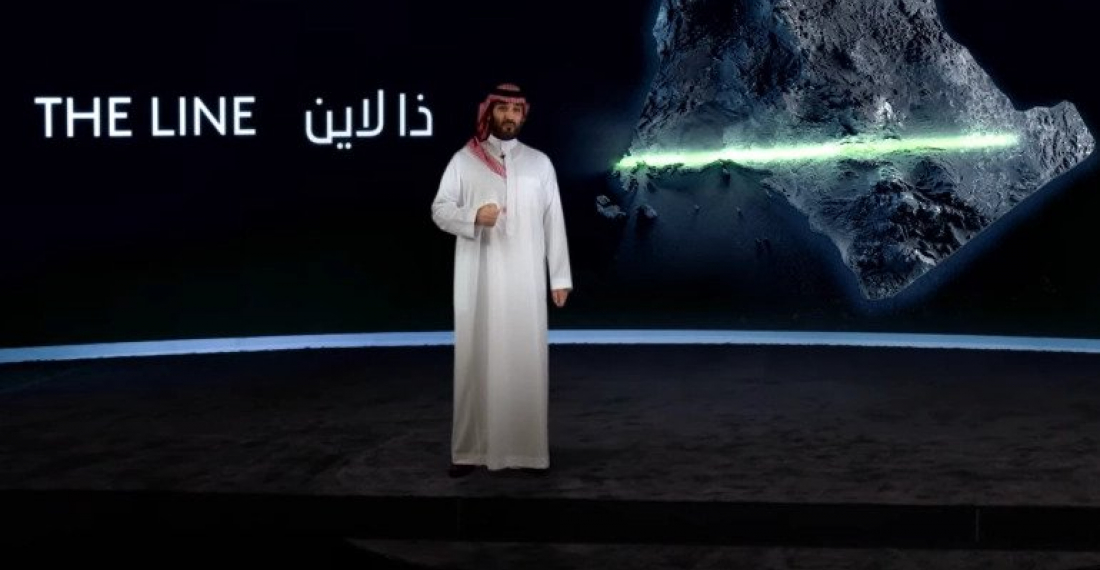Saudi Arabia has pledged to build a car-free, zero-emissions city. The construction of the city, dubbed 'The Line', is the first major step in developing its futuristic NEOM business zone. The construction is set to start within months.
Crown Prince Mohammed bin Salman announced the launch of the city in a televised presentation on Sunday.
The eco-city with "zero cars, zero streets and zero carbon emissions" will have the capacity to house one million residents, according to the de-facto ruler of the oil-rich kingdom. It will have facilities like schools, health centres and green spaces.
"We need to transform the concept of a conventional city into that of a futuristic one," the Crown Prince said.
According to the website of NEOM, the new city will be a city without streets and cars, so that high-speed transportation will disappear in underground tunnels, and anyone can get what they need by walking a short distance of 5 minutes, maximum.
The plan includes forming cognitive communities of more than a million people from all over the world, forming a platform for innovation and thriving business.
Artificial intelligence will have an important role in the venture, the statement said, adding that "it will be powered by 100 percent clean energy, providing pollution-free, healthier and more sustainable environments for residents".
NEOM is a flagship $500 billion project in northwestern Saudi Arabia, which is slated to be built from scratch on a 26,500-square-kilometer (10,230-square-mile) area and link Jordan and Egypt via Saudi territory.
Many believe that the new project will be able to achieve and implement the Kingdom's aspirations, to be at the level of the first developed world countries, and to have modern projects that are proud and boast of among the developed nations in all fields.
Source: commonspace.eu with agencies
Picture: Mohammed bin Salman presenting 'The Line'







